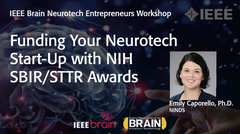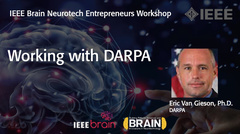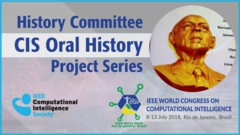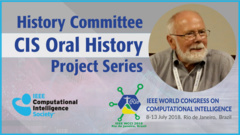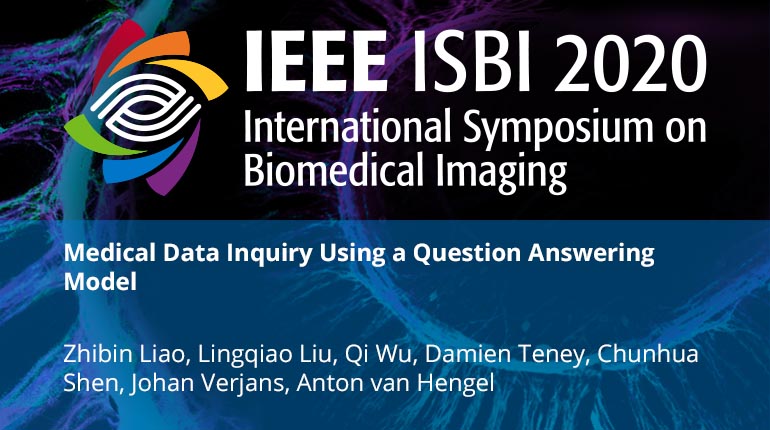
Already purchased this program?
Login to View
This video program is a part of the Premium package:
Medical Data Inquiry Using a Question Answering Model
- IEEE MemberUS $11.00
- Society MemberUS $0.00
- IEEE Student MemberUS $11.00
- Non-IEEE MemberUS $15.00
Medical Data Inquiry Using a Question Answering Model
Access to hospital data is commonly a difficult, costly and time-consuming process requiring extensive interaction with network administrators. This leads to possible delays in obtaining insights from data, such as diagnosis or other clinical outcomes. Healthcare administrators, medical practitioners, researchers and patients could benefit from a system that could extract relevant information from healthcare data in real-time. In this paper, we present a question answering system that allows health professionals to interact with a large-scale database by asking questions in natural language. This system is built upon the BERT and SQLOVA models, which translate a user's request into an SQL query, which is then passed to the data server to retrieve relevant information. We also propose a deep bilinear similarity model to improve the generated SQL queries by better matching terms in the user's query with the database schema and contents. This system was trained with only 75 real questions and 455 back-translated questions, and was evaluated over 75 additional real questions about a real health information database, achieving a retrieval accuracy of 78%.
Access to hospital data is commonly a difficult, costly and time-consuming process requiring extensive interaction with network administrators. This leads to possible delays in obtaining insights from data, such as diagnosis or other clinical outcomes. Healthcare administrators, medical practitioners, researchers and patients could benefit from a system that could extract relevant information from healthcare data in real-time. In this paper, we present a question answering system that allows health professionals to interact with a large-scale database by asking questions in natural language. This system is built upon the BERT and SQLOVA models, which translate a user's request into an SQL query, which is then passed to the data server to retrieve relevant information. We also propose a deep bilinear similarity model to improve the generated SQL queries by better matching terms in the user's query with the database schema and contents. This system was trained with only 75 real questions and 455 back-translated questions, and was evaluated over 75 additional real questions about a real health information database, achieving a retrieval accuracy of 78%.
 Cart
Cart Create Account
Create Account Sign In
Sign In
